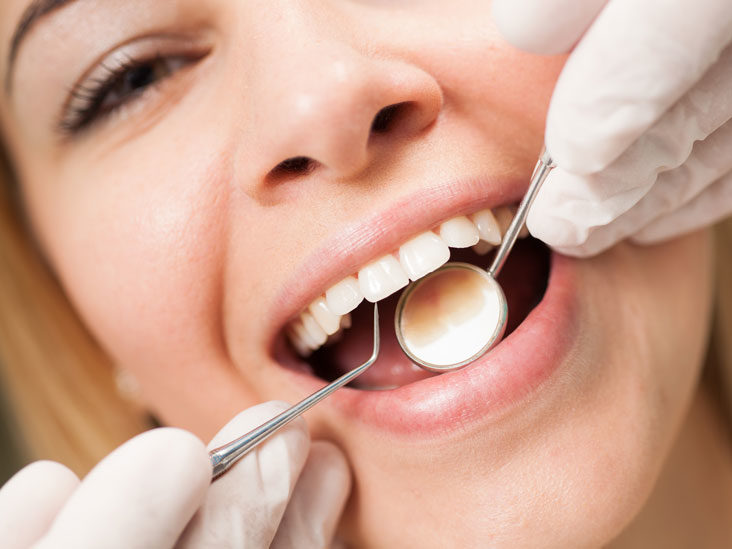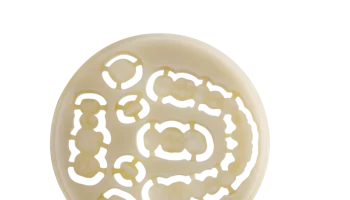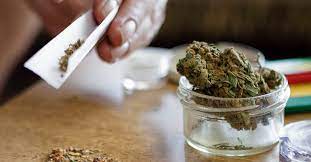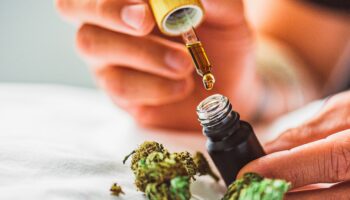aIn most cases, dental implants are quite successful as they can offer an option for sturdy tooth replacement, which can last even for a lifetime. Few patients, however, may suffer from certain infection after the implants that can often lead to failure risk for the implant.
Can we recognize such a kind of infection? Can a dentist do anything to save your implant? Let us discuss how we can avoid such infection issues in this post.
How can you prevent damaging your dental implants?
When you visit any dental clinic after meeting an unfortunate accident then an emergency dentist may suggest you for implants after offering an initial treatment. After a dental implant, that will also involve certain surgery to replace your missing teeth to help you to restore your smile.
Such a type of oral surgery can be quite a time-consuming process and would need sedation dentistry too. However, no patient will like that their implants should break or fail so that they may go through this process once again.
So the following are a few precautions that the patient must observe after undergoing implantation.
1. Avoid smoking
When you smoke, it can cause the blood vessels to constrict even those that are in your mouth. Your oral blood vessels that get constricted can always make it difficult for the jawbone to grow properly and as a result, it can fail the dental implant.
2. Rinse regularly
By rinsing with antibacterial mouthwash or even warm salt water can also remove microbes from your mouth that can infect various tissues around your dental implants. For the initial 24 hours after the implant, however, you must not wash. After that rinsing should become your routine.
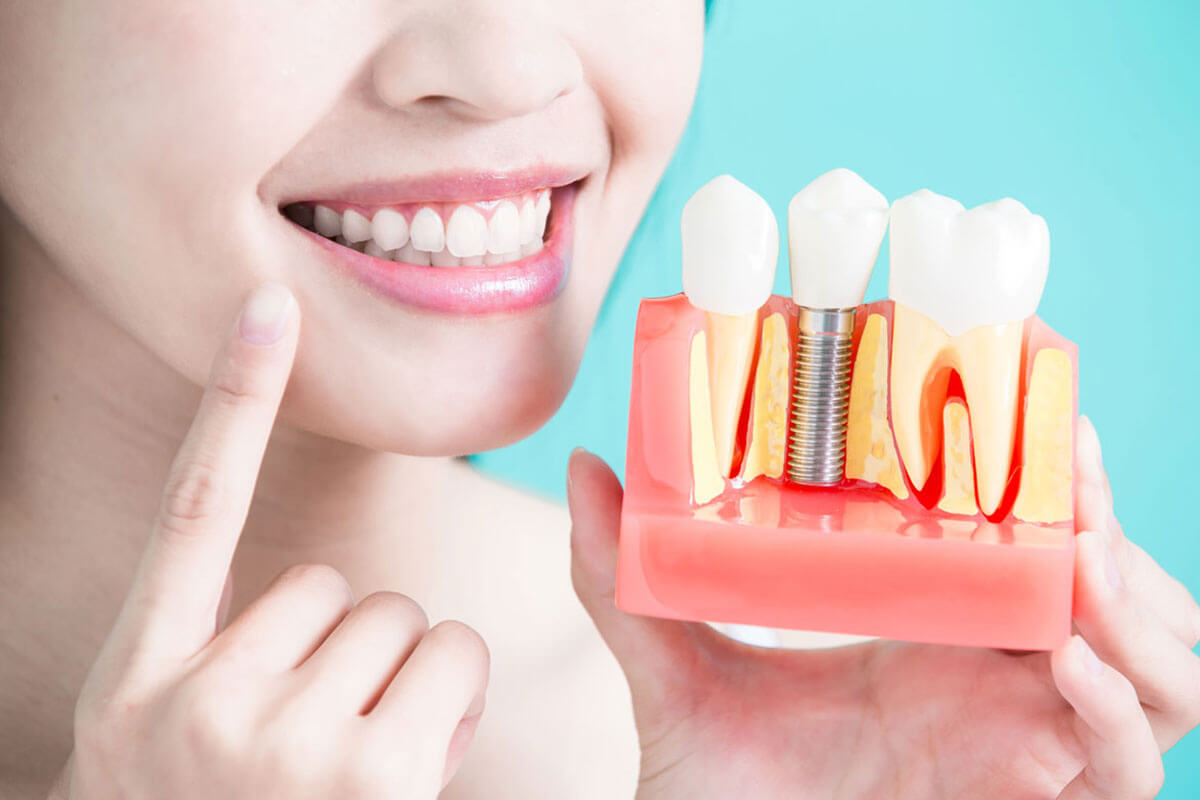
3. Control your diabetes
People having diabetes are always at risk of infection and their healing may also be slower comparatively. If you are a diabetic, then make sure that you follow your all your diabetic treatment plan very carefully so that no oral infection may develop.
4. Observe proper oral hygiene
Always poor dental hygiene will cause bacteria growth and that will create an infection. So, you must brush even if your entire mouth is full with dental implants. Practicing this will not only be good for your implants and other teeth, but can also help your gums.
5. Eating a healthy diet
After the implant, you must eat soft foods only that may not irritate the affected area and prevent any risk of infection. However, after healing, you can eat almost anything. However, better you should consume only a healthy, and balanced diet. Avoid eating sugary foods.
6. Attend regular checkups
You must follow up with your implant dentist as per his instruction. They will ensure that your mouth is properly healing. If they ever notice any initial signs of infection, then they can address the issue during the early stage before it becomes a bigger issue.
If you are considering dental implants, then the best thing would be to ask your dentist, how you can protect yourself from any kind of infection.


